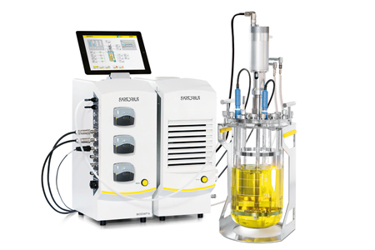4Cell®BHK-21 CD Medium - Adaptation Of BHK-21 Cells To Suspension Using Chemically Defined Medium
By Aziz Cayli, Burcu Tongul, Francis Nguyen, Adrien Lugari, and Érica Schulze

BHK-21 cell strains have been utilized for several years as a platform for veterinary vaccines and recombinant protein manufacturing. However, these cells are anchorage-dependent, requiring the use of dissociation agents that slow and are traumatic for cells while also creating scale-up limitations. By contrast, suspension culture facilitates large-scale processes, offers options for process intensification and contributes to reduced manufacturing costs due to less process complexity. BHK-21 suspension cells grown in serum-free media that produce high-virus titers are desirable in developing vaccines that are affordable worldwide.
Although some cell lines used in vaccine production still require serum supplementation, BHK-21 cultures have been shown to be propagated in serum-free media. The desire to remove potential uncontrolled contaminants, natural products and by-products from the culture led to the development of more complex media. Such chemically defined media demonstrated that serum could be omitted, without cellular adaptation, if appropriate nutritional and hormonal modifications were made.
In this study, we successfully adapted anchorage serum-dependent BHK-21 cells to suspension in a chemically defined (CD), serum-free, Sartorius medium. This was developed for more consistent performance, easier purification and downstream processing that fulfills regulatory requirements and enables cost-efficient vaccine production.
Get unlimited access to:
Enter your credentials below to log in. Not yet a member of Bioprocess Online? Subscribe today.
